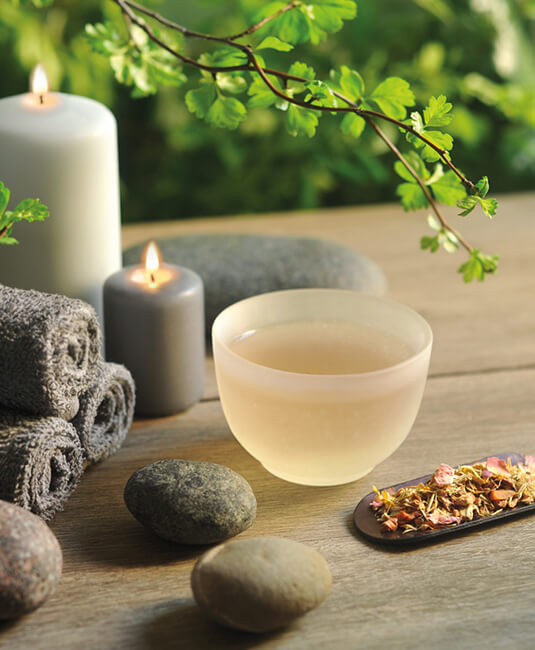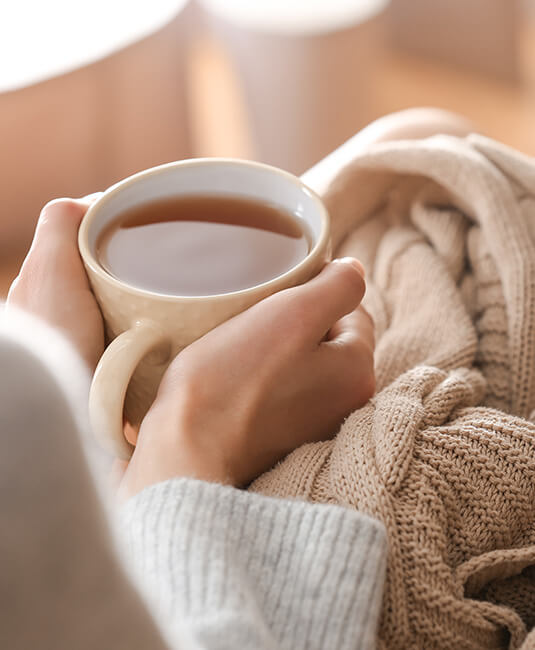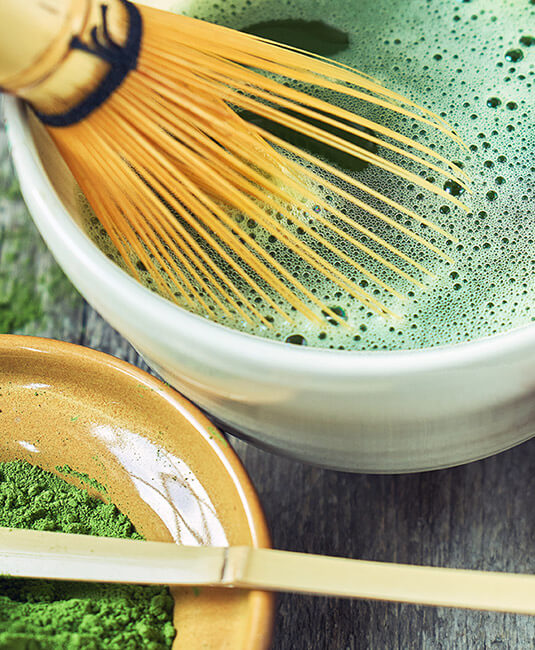Free shipping from $55

What are the effects of tea on the body?
Since tea is both stimulating and relaxing, these effects can be complex. While they may seem contradictory, in practice, these effects harmoniously complement each other, promoting significant physical and psychological equilibrium. These characteristics are attributed to three primary compounds found in tea, which have been extensively researched: caffeine, L-theanine, and, to a lesser extent, polyphenols.
Caffeine enhances visual focus, elevates concentration, shortens reaction times to stimuli, and notably bolsters vigilance and alertness. Moreover, at low to moderate doses, it positively influences mood, diminishes discomfort, and amplifies physical performance, particularly in endurance pursuits (such as running, cycling, rowing, etc.) and intermittent activities (like racket sports, tennis, etc.).

L-theanine, an amino acid specific to tea, induces relaxation without drowsiness. It increases the release of dopamine (a pleasure mediator) and serotonin (which contributes to mood and sleep regulation), while also enhancing learning and concentration abilities.More relaxing than stimulating, it delays the absorption of caffeine and mitigates its immediate stimulating impact, distributing it gradually over time.
Polyphenols may play a role in one's mood, particularly in improving depressive disorders.
A 2017 meta-analysis, which involved reviewing existing studies on the topic, arrived at the conclusion that green tea affects psycho-pathological outcomes, such as reducing anxiety, as well as cognitive aspects like memory and attention, along with brain function, particularly the activation of working memory. This analysis underscores that these advantageous effects cannot be attributed to a solitary component of tea but instead result from the combined influence of caffeine and L-theanine.
Does tea help with relaxation?
Yes, and this relaxing and soothing effect is well documented. A study from 2018 on matcha tea reports and confirms that L-theanine has a stress reduction effect in humans and animals and also suggests the possibility of a combined action of L -theanine, caffeine and tea catechins.
Two other recent studies, including one from 2017, however, suggest that the most effective teas for combating stress are those which contain the most L-theanine for a moderate caffeine intake.

Which tea is best for combating fatigue?
Teas that are both rich in caffeine and L-theanine, like green tea and matcha are most ideal for fighting fatigue.
According to work published in 2021, la L-théanine, L-theanine, in addition to its relaxing effects, induces an improvement in vigilance and attention, working memory and executive functions. This particular amino acid in tea is more present in green tea, because fermentation reduces its intake.
To combat fatigue, numerous studies once again highlight the impact of the combination of caffeine and L-theanine to improve alertness and cognitive performance.
